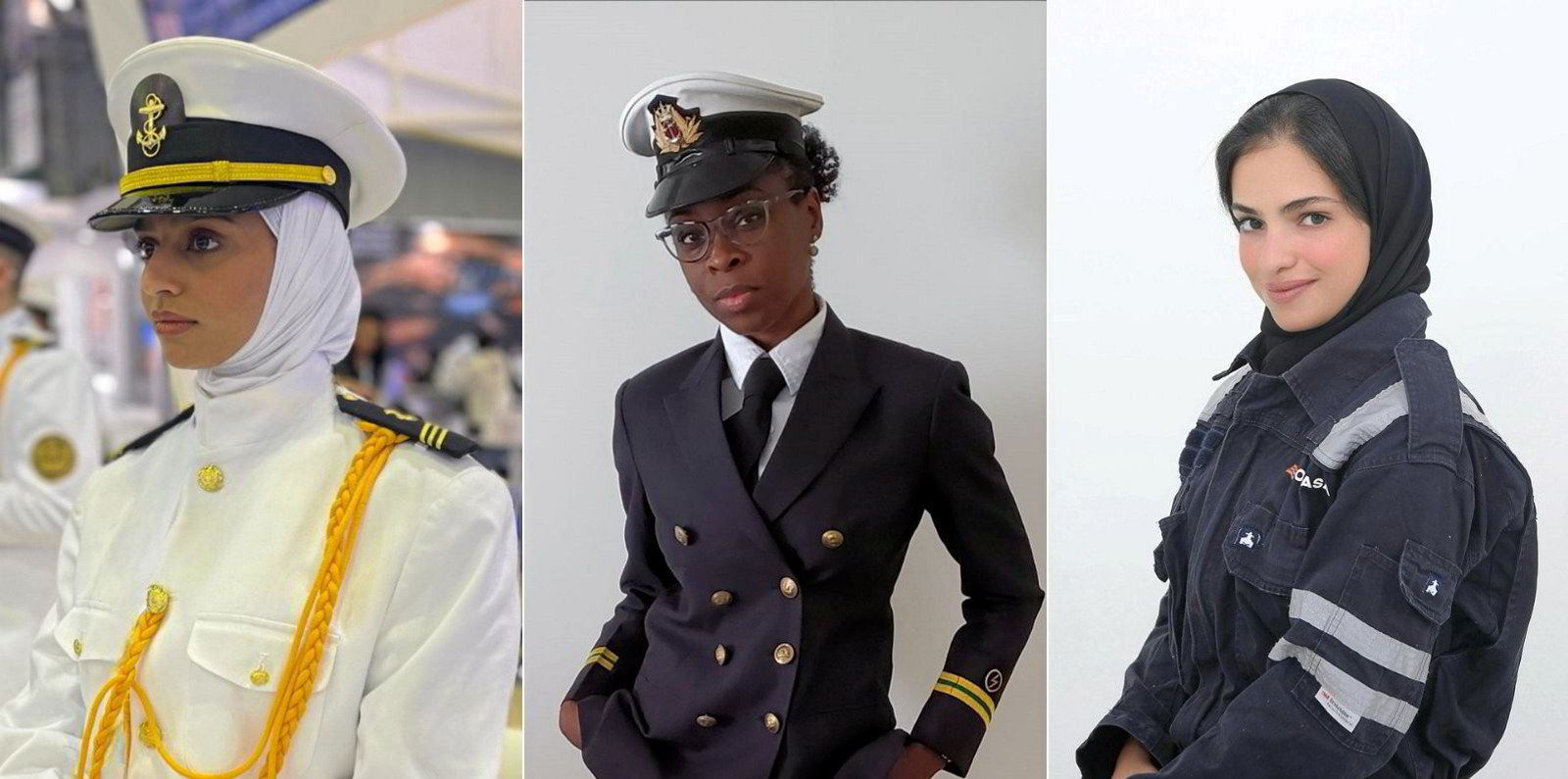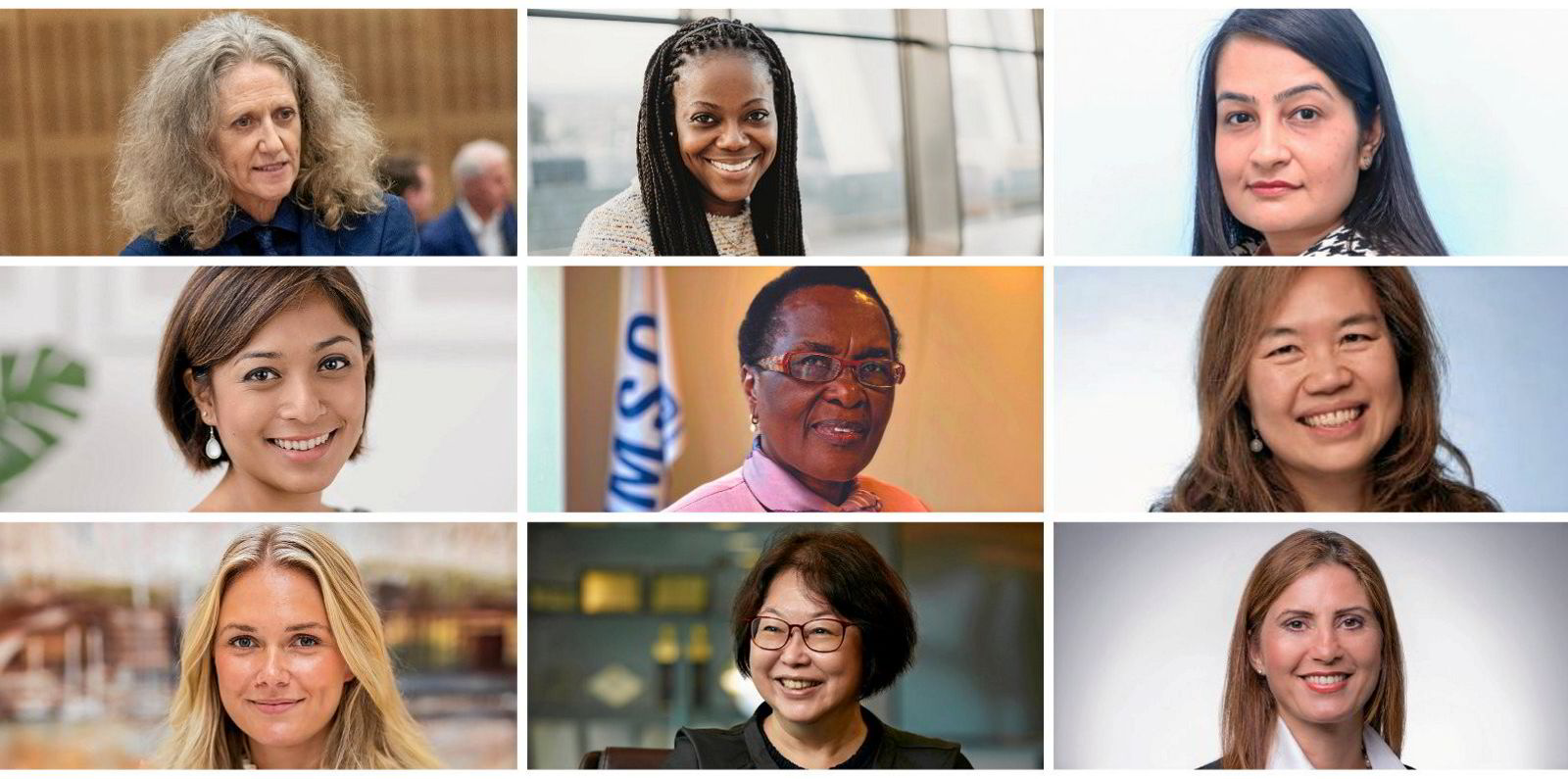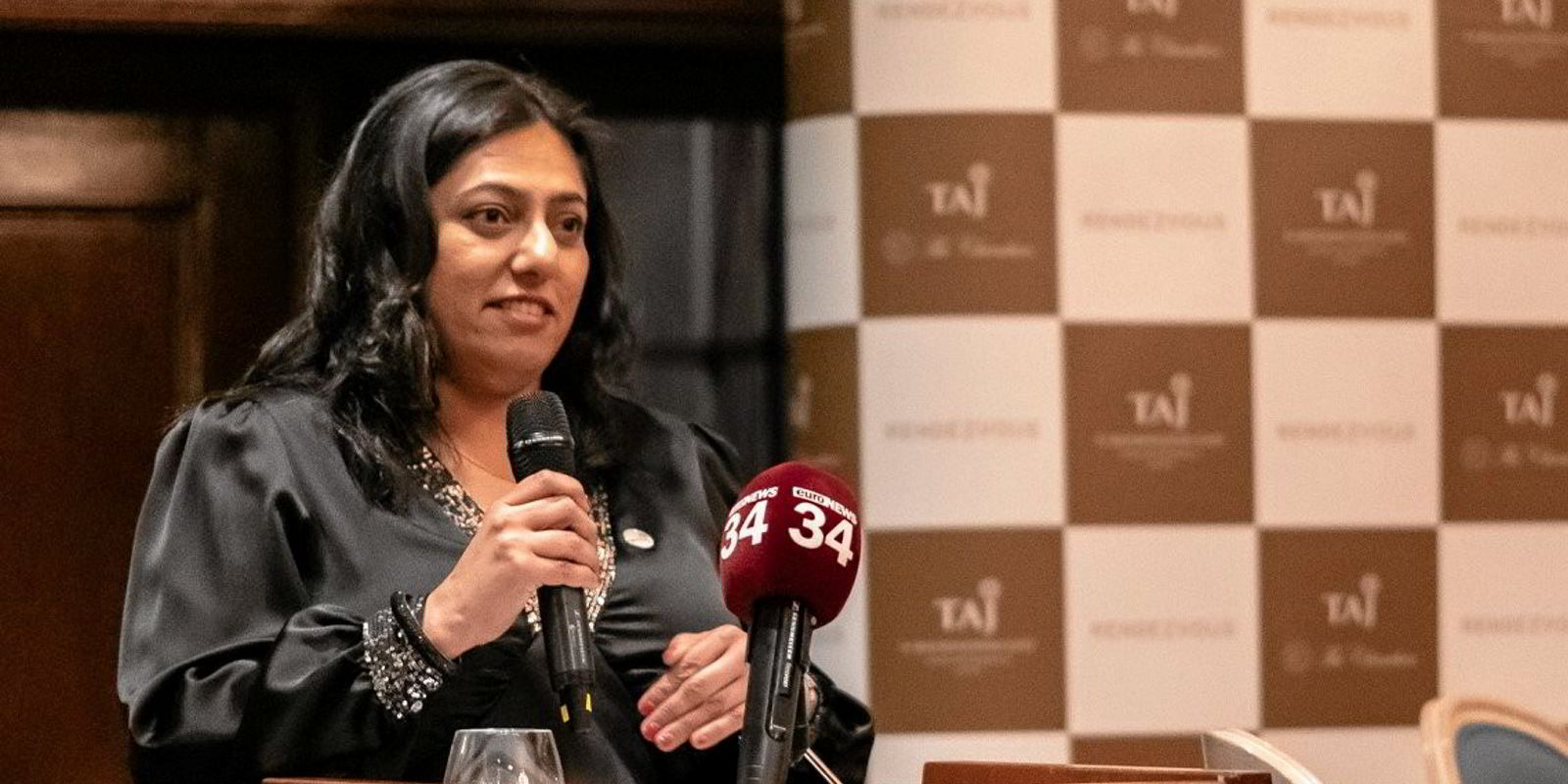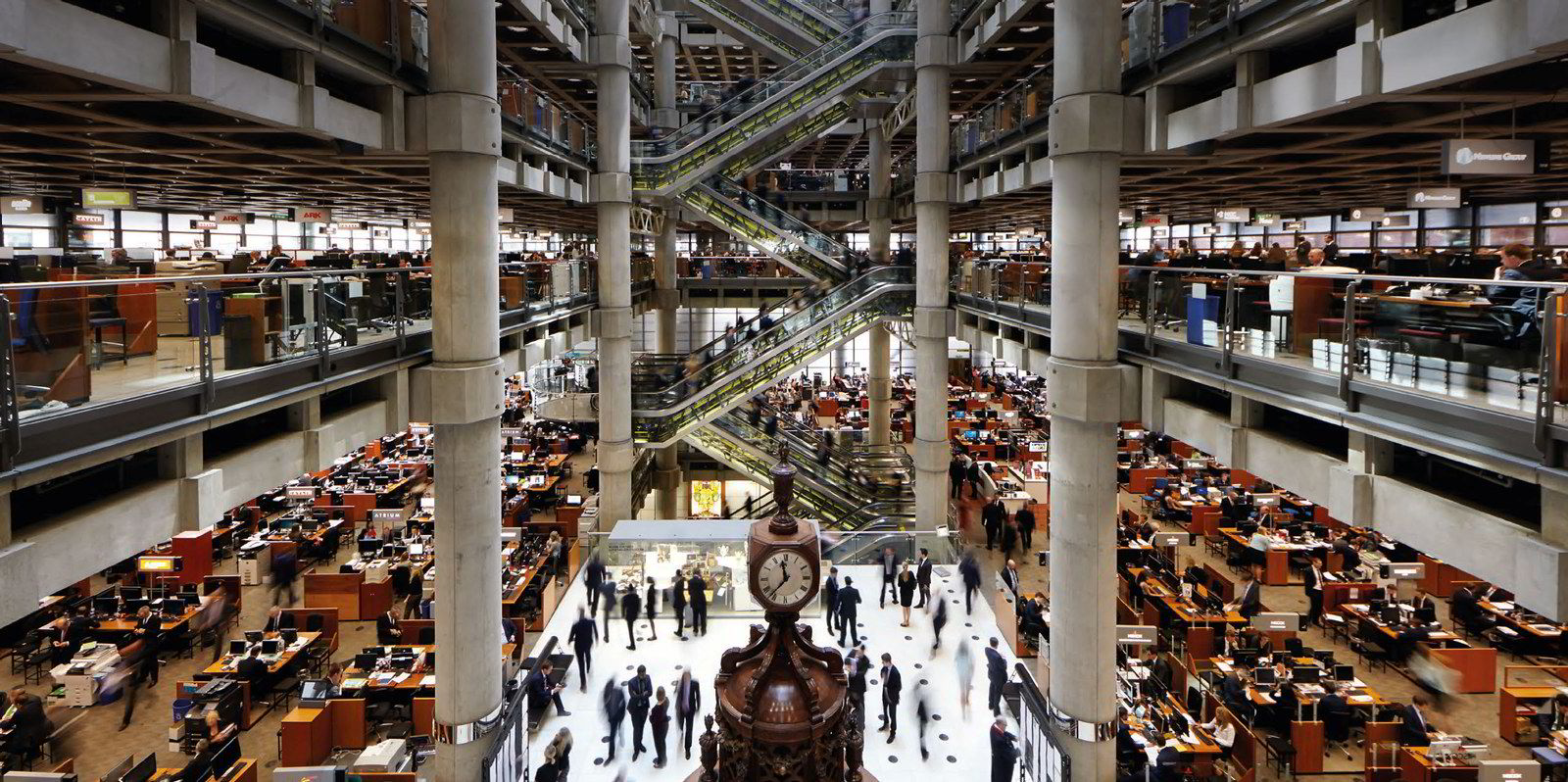More women than ever are training for seafaring careers, raising questions about whether the industry is adapting quickly enough to provide supportive working conditions on board vessels.
Women accounted for 60% of cadets in United Arab Emirates Sharjah Maritime Academy’s most recent graduating class, two of its latest graduates told TradeWinds.
But just 2% of seafarers globally are female and there is still a feeling that shipping companies are being slow to respond to the needs of women working at sea.
Electro-technical officer Josely Mabiala would like employers to take greater consideration of what life is like for mothers working at sea.
“For me, being a mother is to love my child unconditionally, so being a mother at sea can be extremely challenging. Leaving my child when I go off means I have to be strong and try to not let my emotions come through, even though I know that what I’m doing is for my family,” she told TradeWinds.
“Maritime employers need to understand the challenges faced by working mothers and ensure we have the right support to allow us to do our jobs successfully.”
Mabiala thinks that being able to talk to people is something that would make it easier to juggle the demands of motherhood and work at sea.
“Having the right support networks and someone to talk to in difficult times is really important for me and my colleagues across the industry,” she said.
“I will be joining V.Ships soon and I understand they have recently put in place such a network, so I’m looking forward to being able to benefit from that additional support.”
Working in a male-dominated environment is difficult, particularly while away from home, Mabiala told TradeWinds.
“For example, we know that certain people do not accept being led by women, so this is something I hope the industry is looking to address,” she explained. “For me, it’s about preserving my well-being, making sure that I do what’s best for me.”
The new school
Taif Alrayssi and Fatima Saeed Mohamed Alhamar Alzaabi from the United Arab Emirates are recent graduates of the Sharjah Maritime Academy and are working as cadets on board Monjasa tankers.
Both told TradeWinds that their first year of working at sea has been exciting and enjoyable, but has come with certain challenges on board male-dominated vessels.
“Certainly, I faced difficulties initially, encountering resistance and reluctance due to societal norms regarding women in the workplace,” Alzaabi told TradeWinds.
“As the first woman in their company, scepticism prevailed, but over time I demonstrated my capabilities, leading to increased support.”
Alrayssi said her male colleagues had been supportive during her time on board.
“It’s inspiring to witness male colleagues stepping up to empower and uplift their female counterparts,” she said. “By fostering an environment of equality and collaboration, we can overcome any obstacles and create a more inclusive maritime industry.”
Coming from the UAE, both cadets said they had experienced questions from friends and family as to whether a career at sea might be the right career path.
“Regarding my family, particularly my father, there was no initial backing. He firmly believed this field wasn’t suitable for me, considering it too challenging and meant only for men,” Alzaabi said.
“Nevertheless, with my determination and evidence of my capabilities, I eventually gained their support to pursue my passion in this field.”
Alrayssi said she had also encountered some moments of misunderstanding at home, but said her friends and family have been supportive overall.
“Open communication helped. I shared my experiences, educated them about the industry and emphasised my passion for the sea. Their acceptance grew over time,” she said.
The two cadets are part of a new wave of women in the UAE who are training for and pursuing seagoing careers.
Alrayssi said she thinks many women want to break down barriers and be pioneers in traditionally male-dominated fields.
“Women in the UAE are empowered and seek diverse career paths. They recognise that the sea offers adventure, challenge and global exposure,” she told TradeWinds.
The maritime sector in the UAE has received support from the government and Sheikh Sultan bin Muhammad Al-Qasimi, the ruler of the Emirate of Sharjah. This support has given people confidence, Alrayssi added.
“The ups and downs have been instrumental in fortifying my resilience,” Alzaabi said. “Initially hesitant due to others’ opinions, I’ve triumphed over the perceived difficulty, finding that the reality differs from the expectations.”
The seafarers interviewed in this article were all attending the Seafarer Well-being event organised by WISTA UAE.






